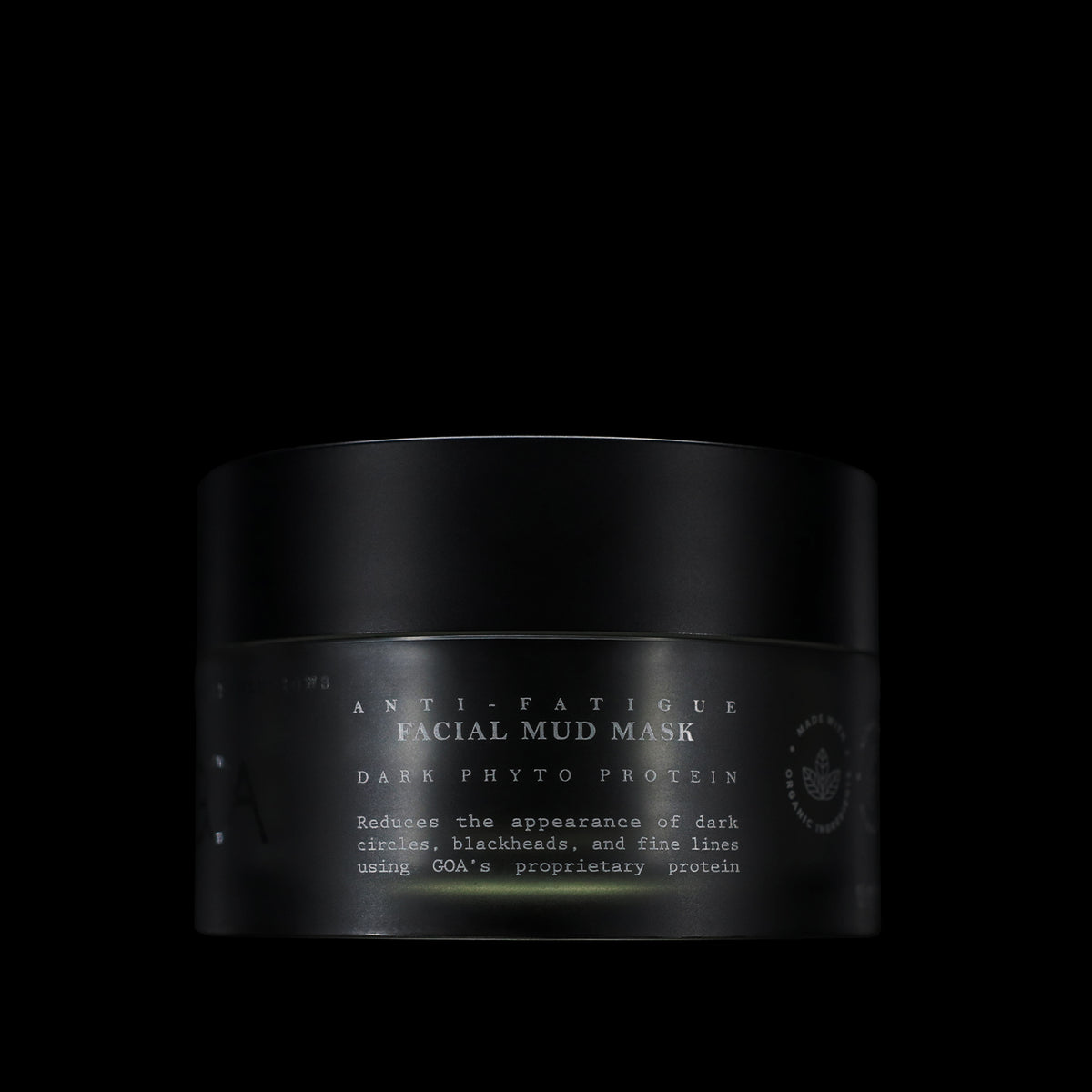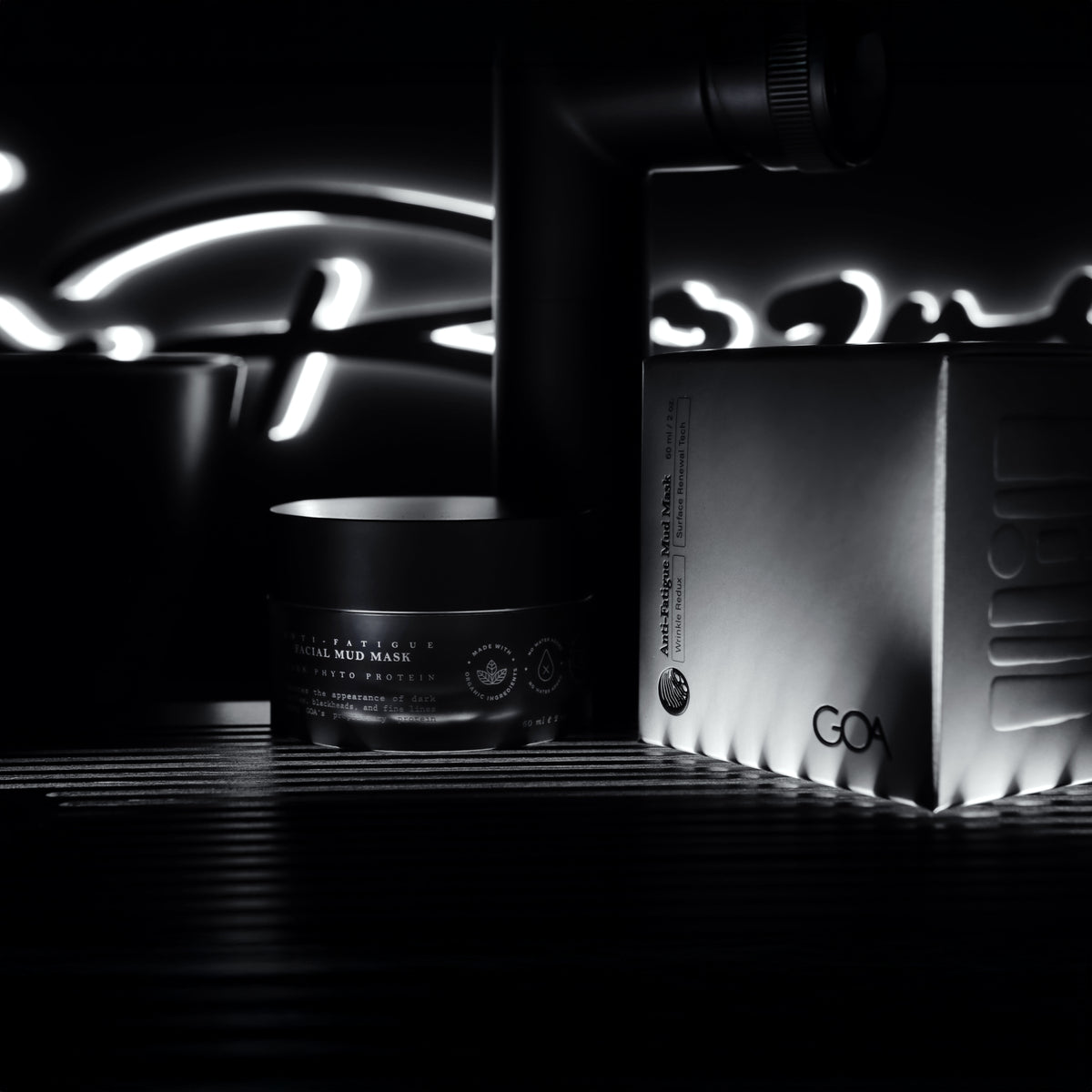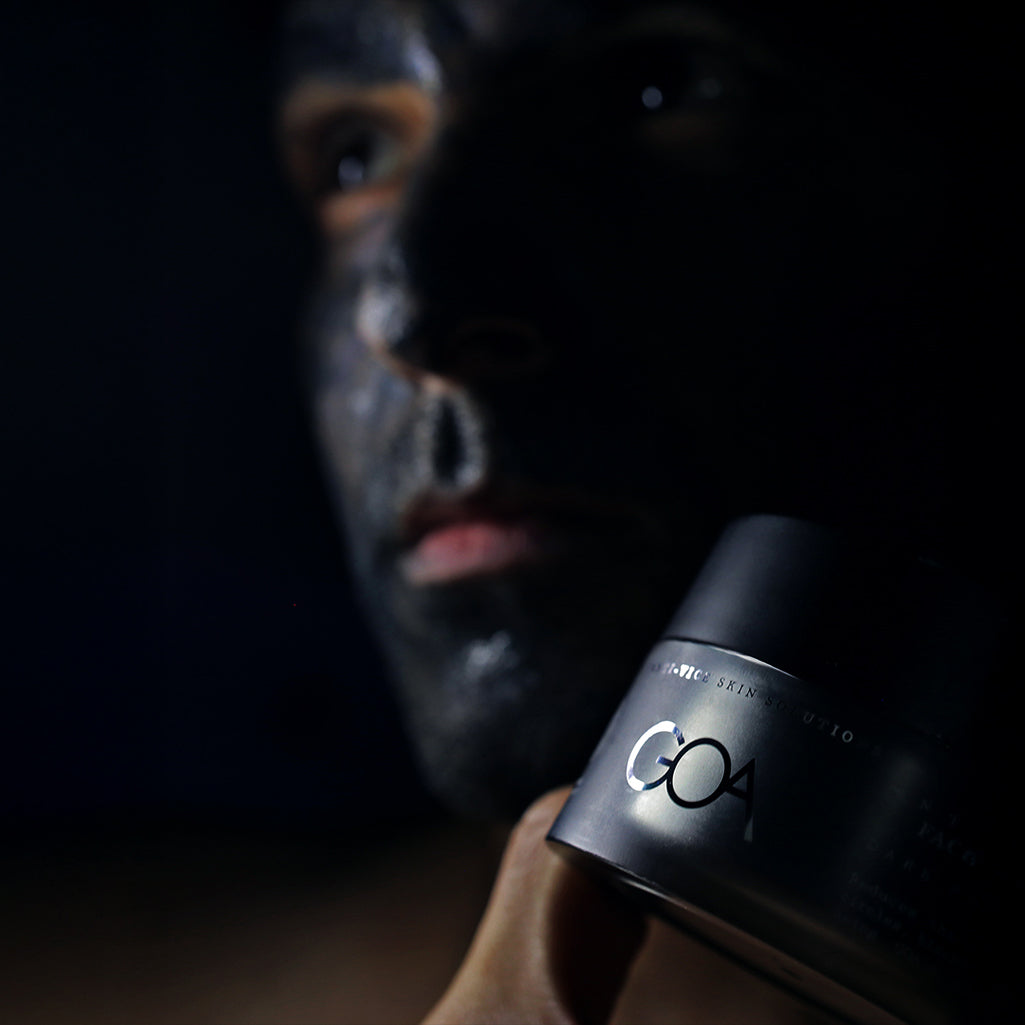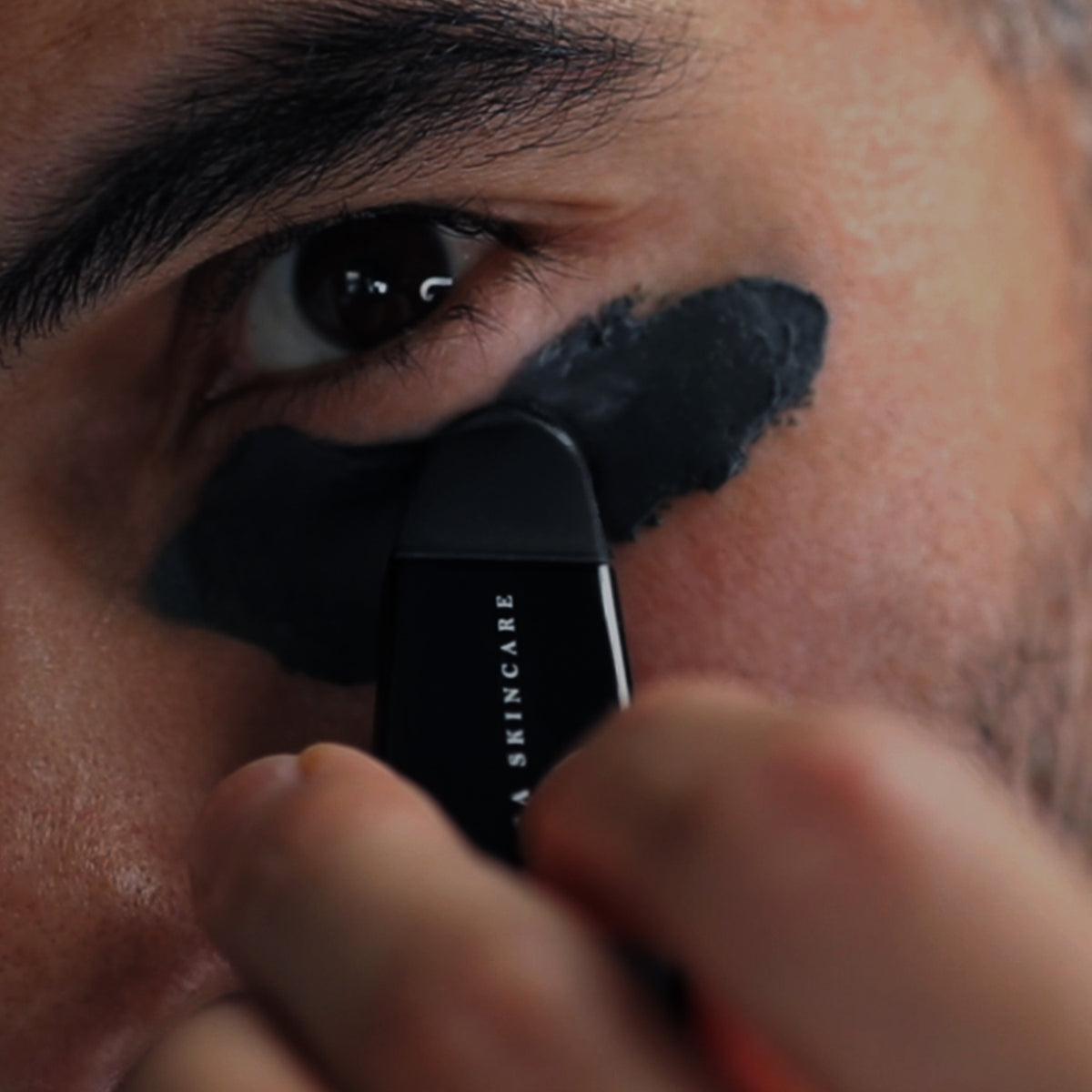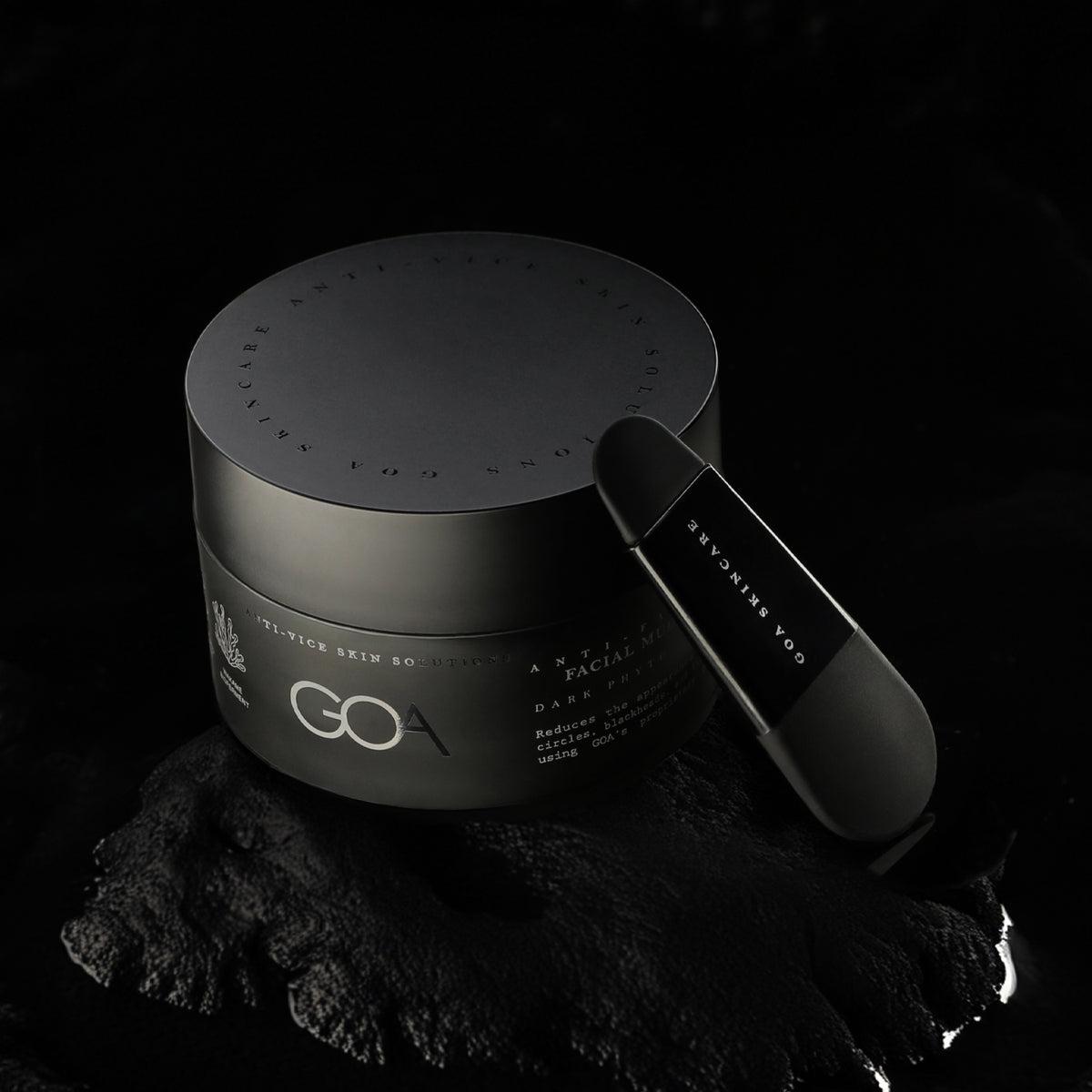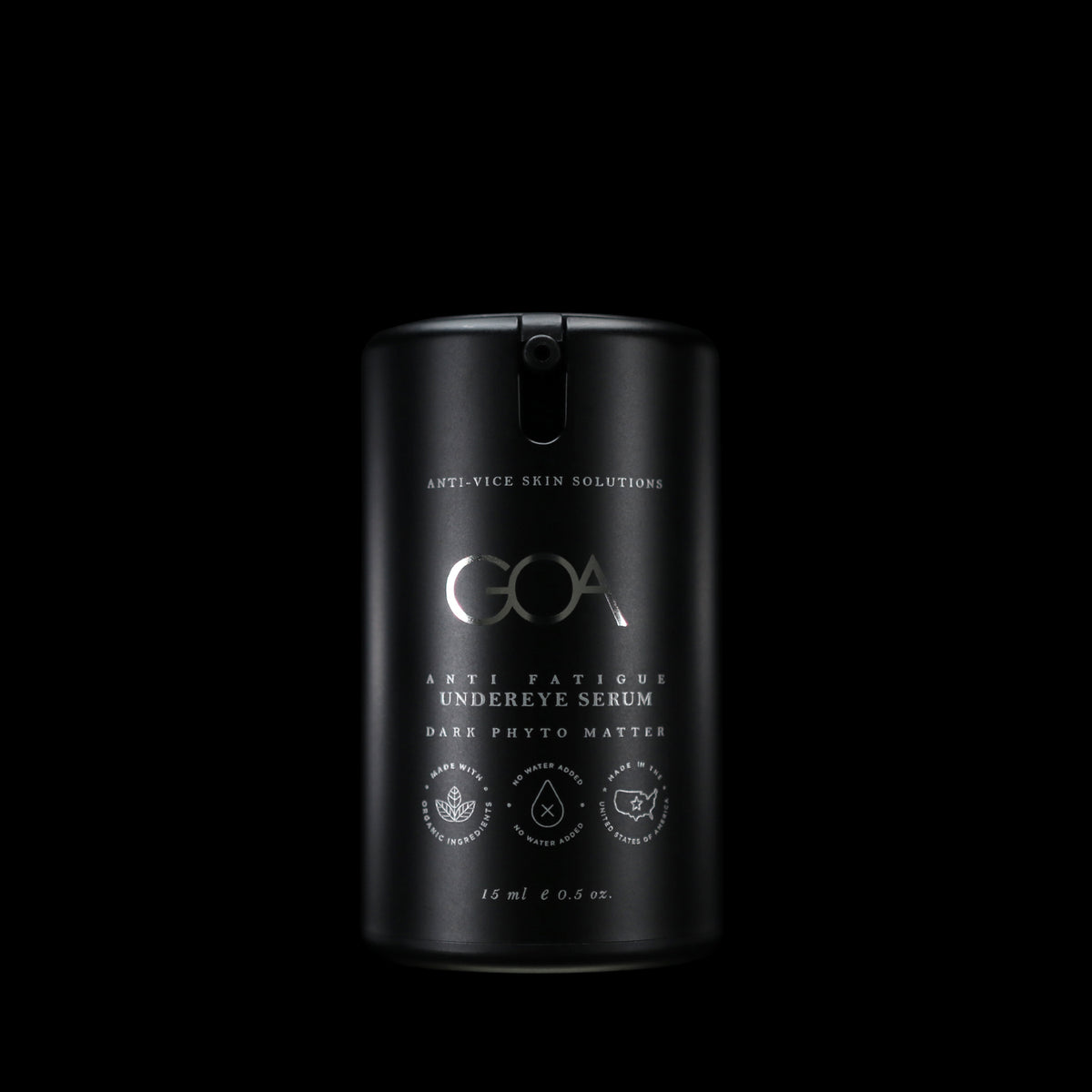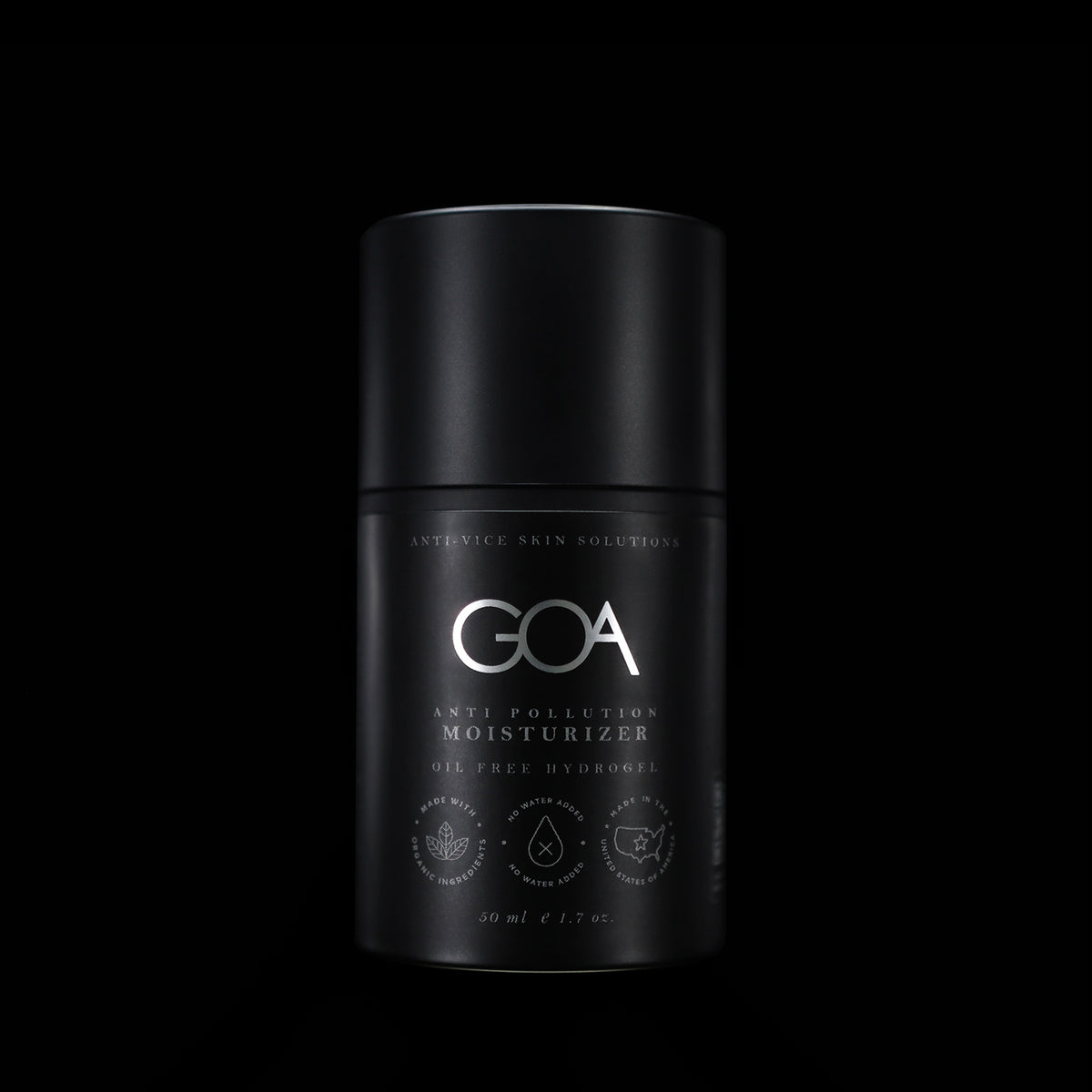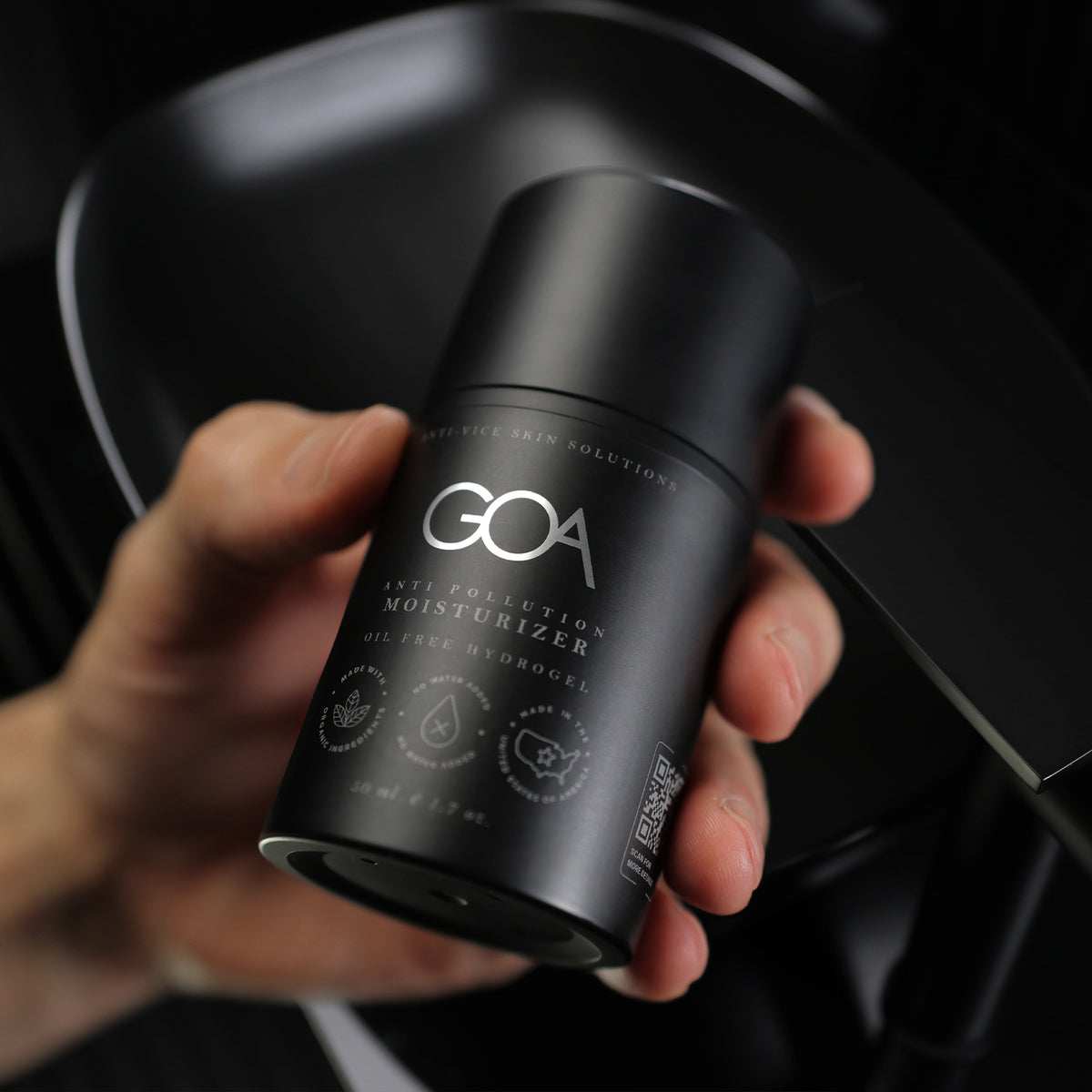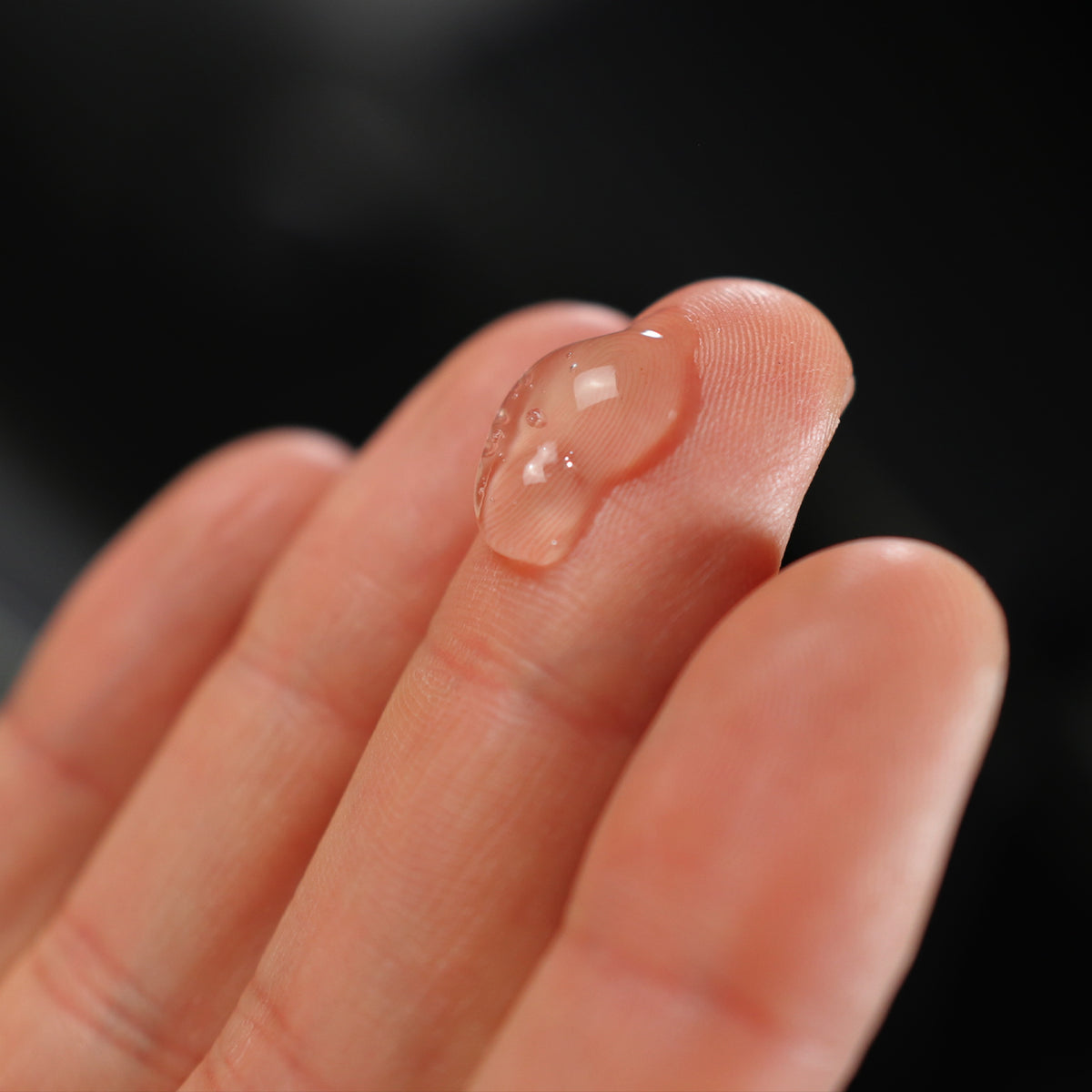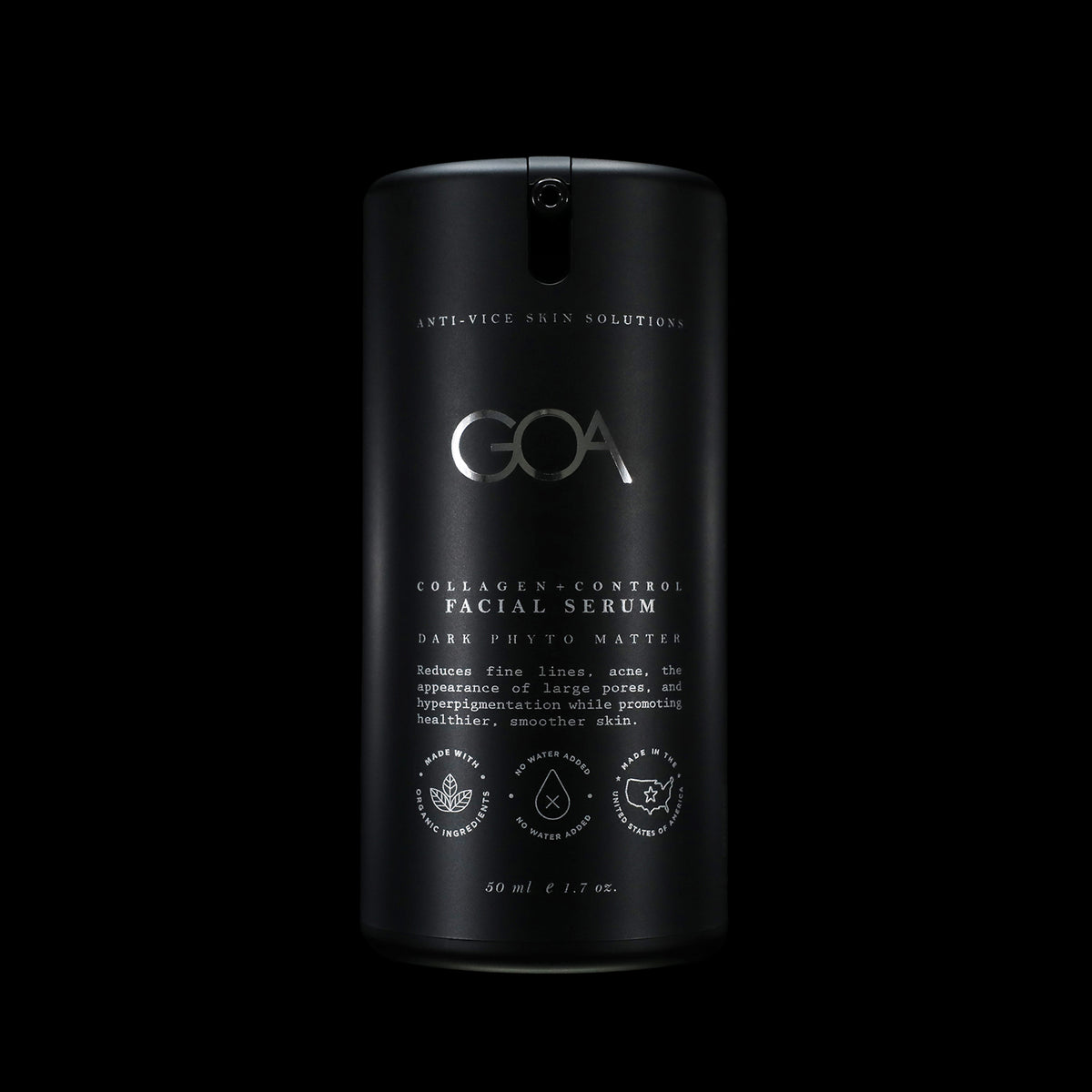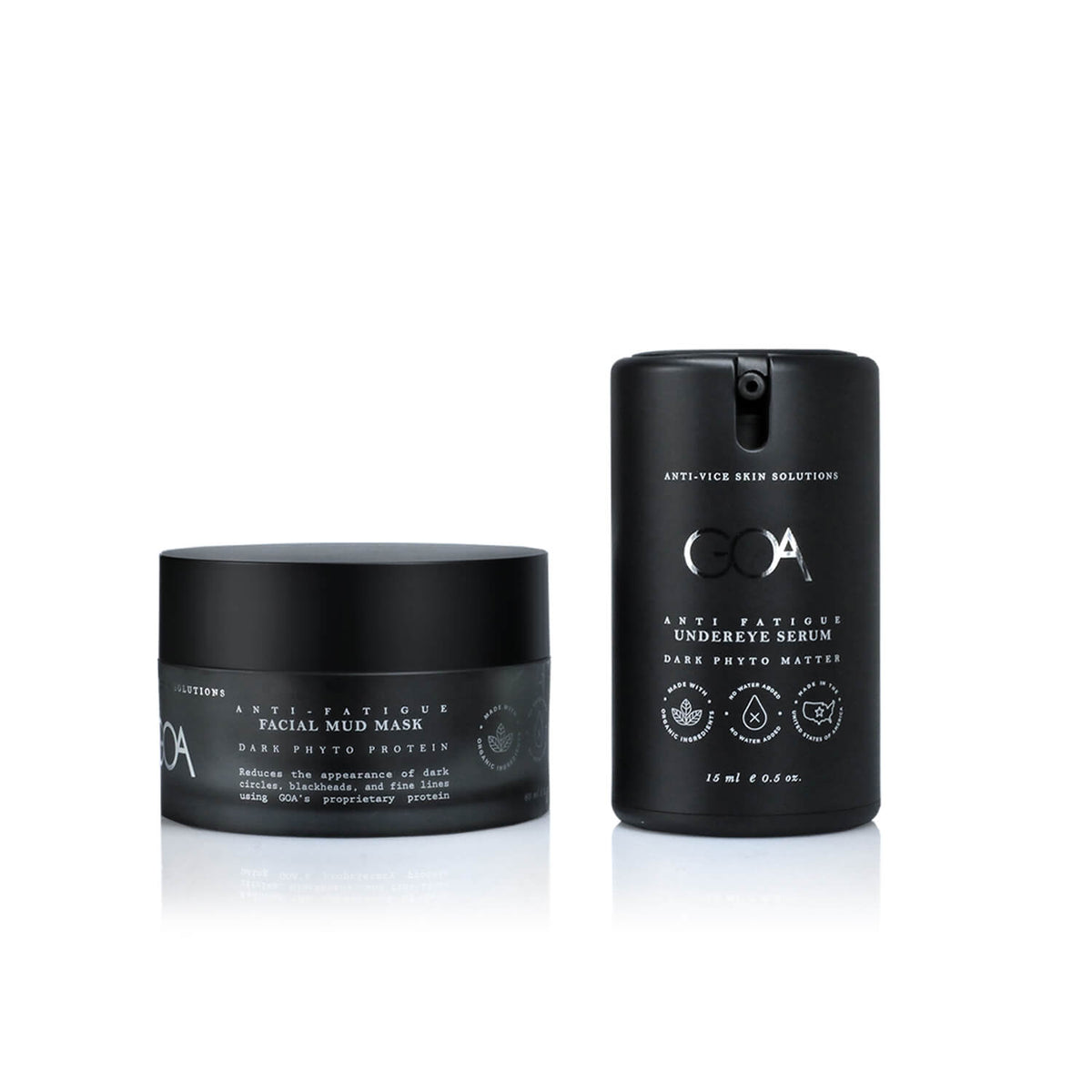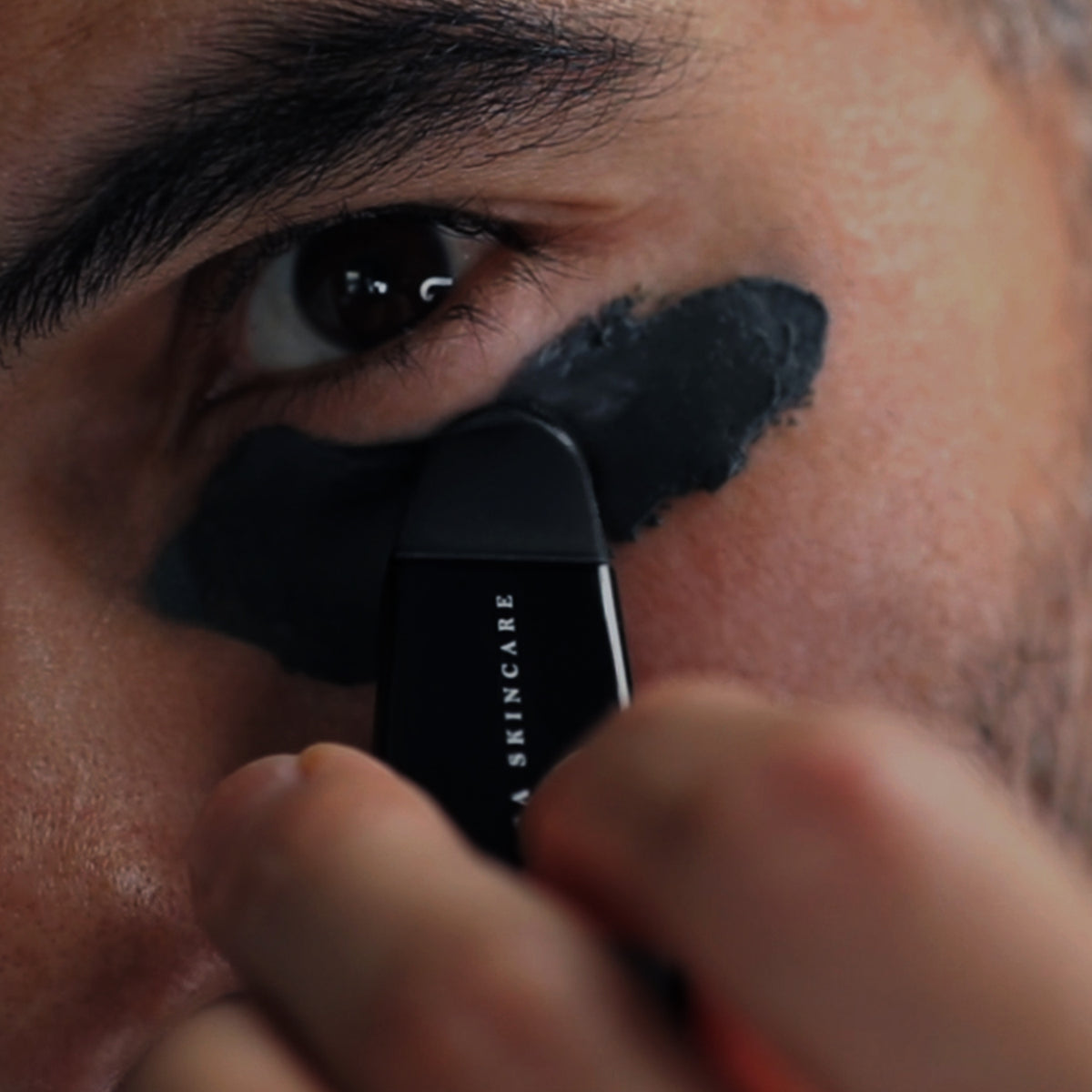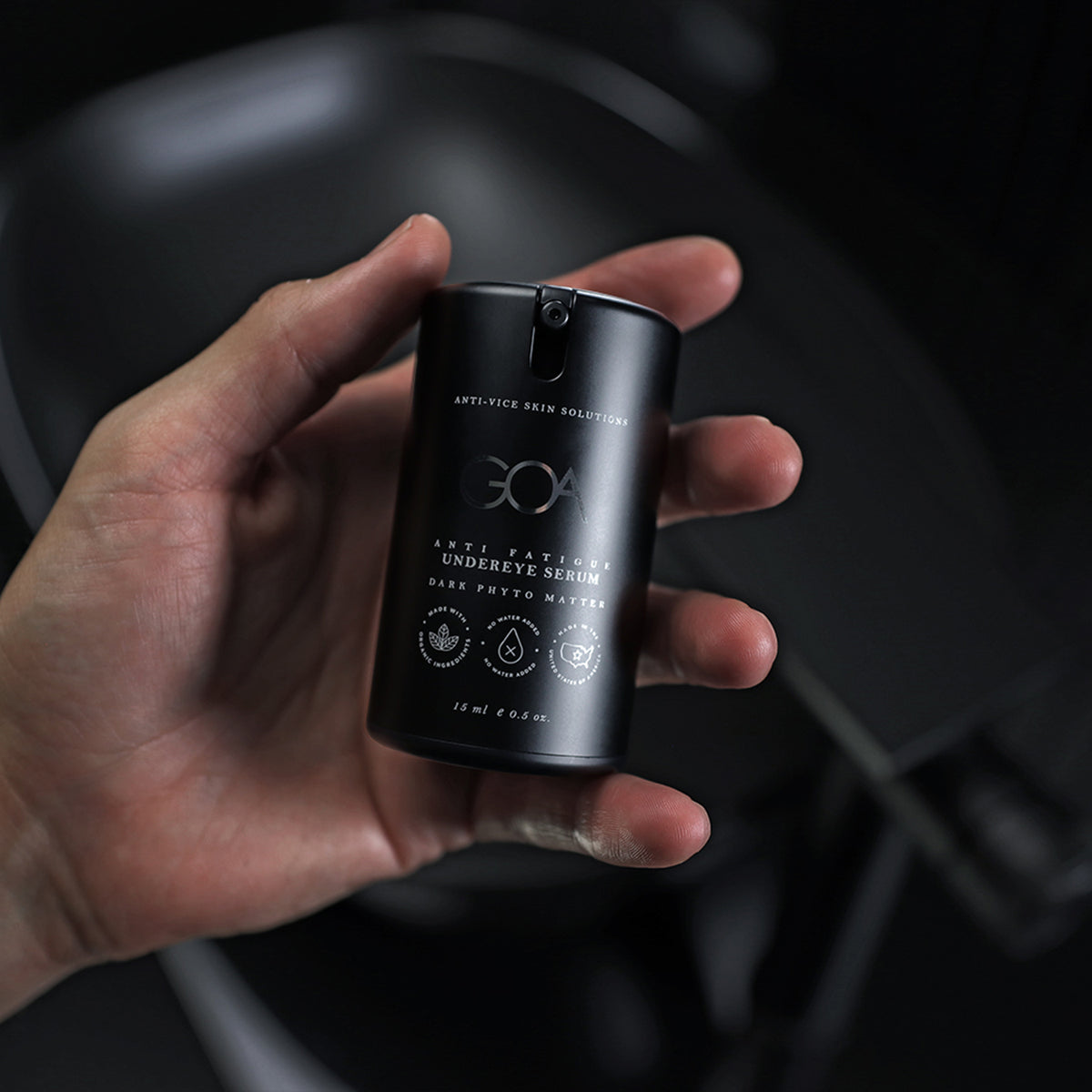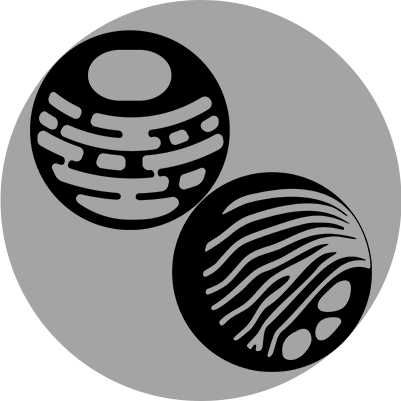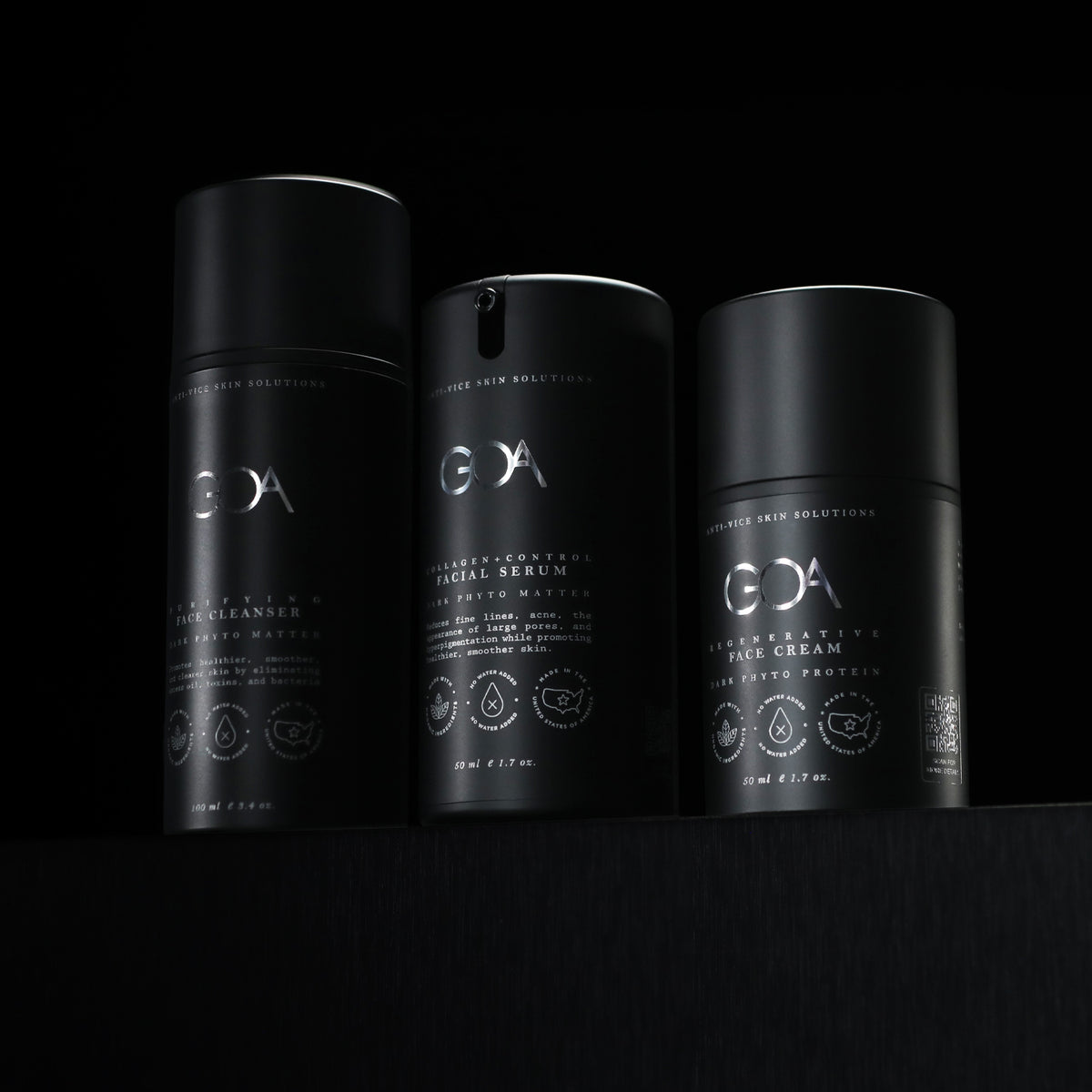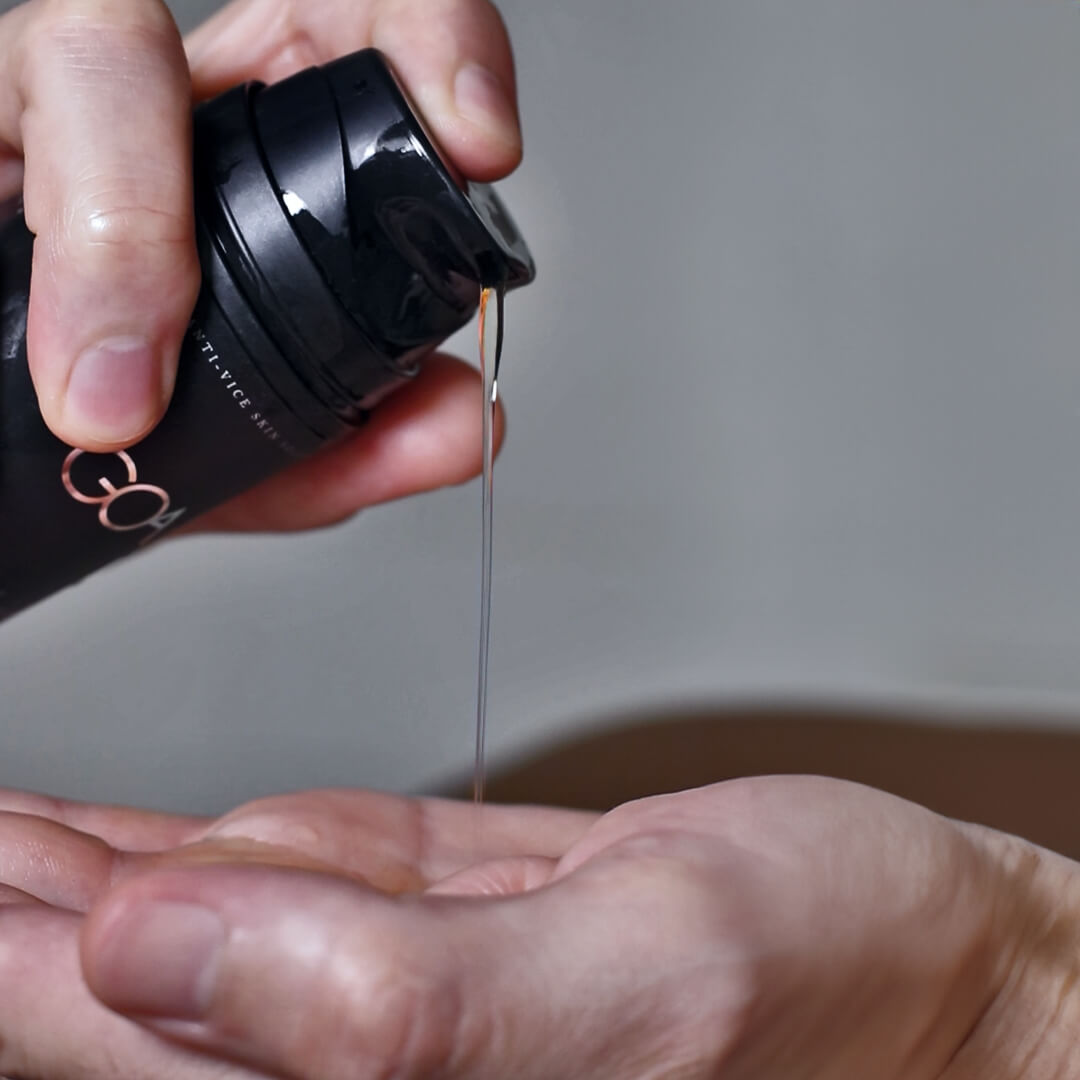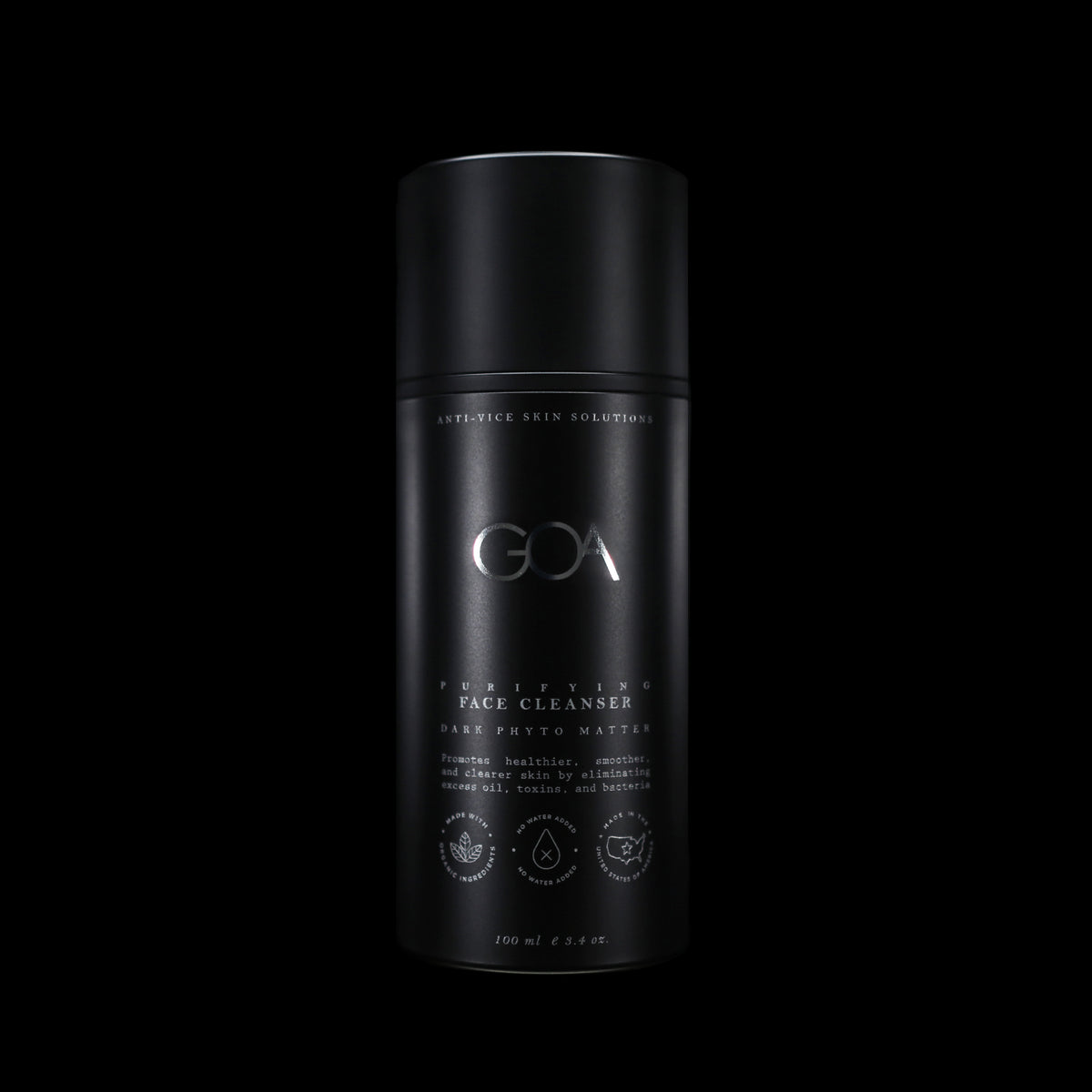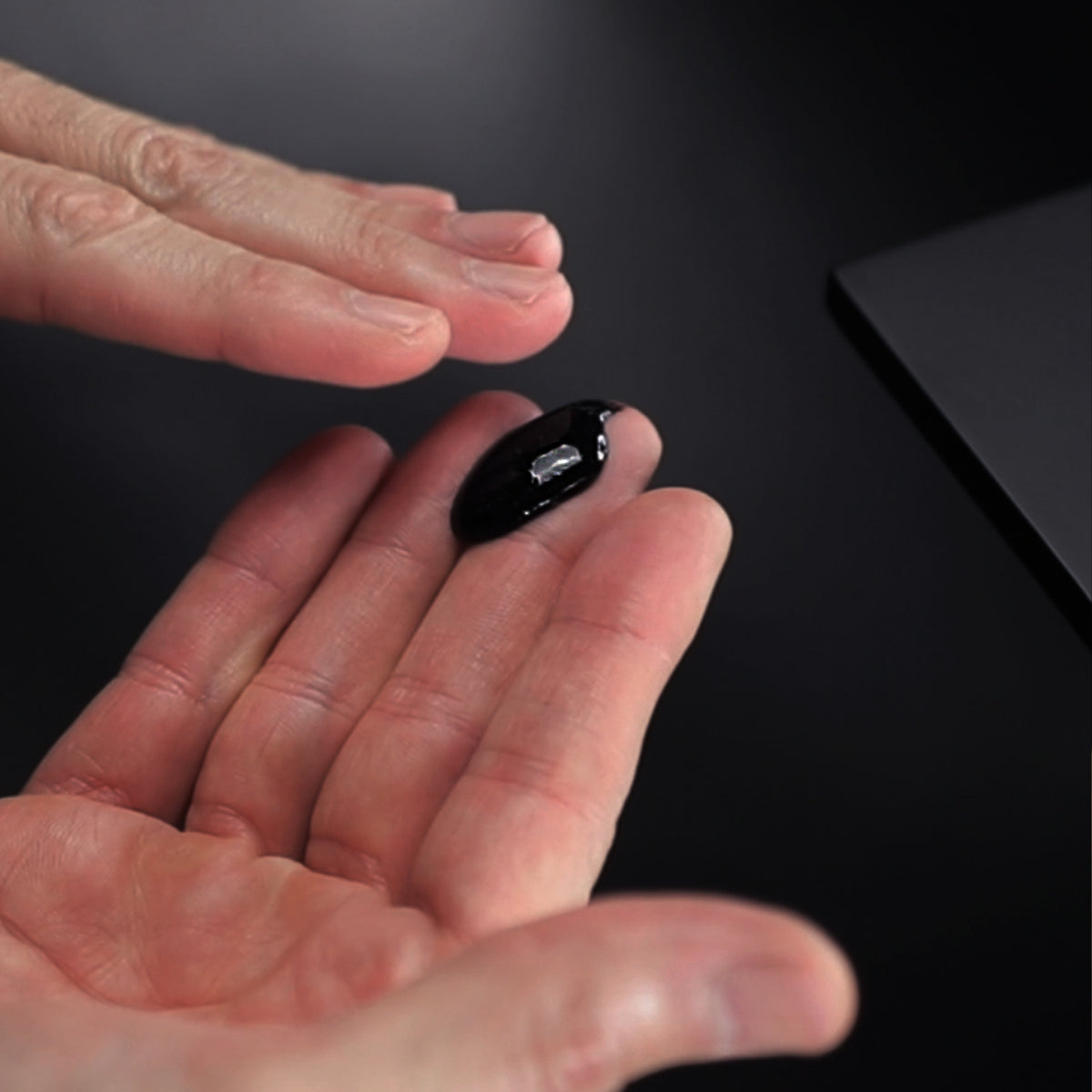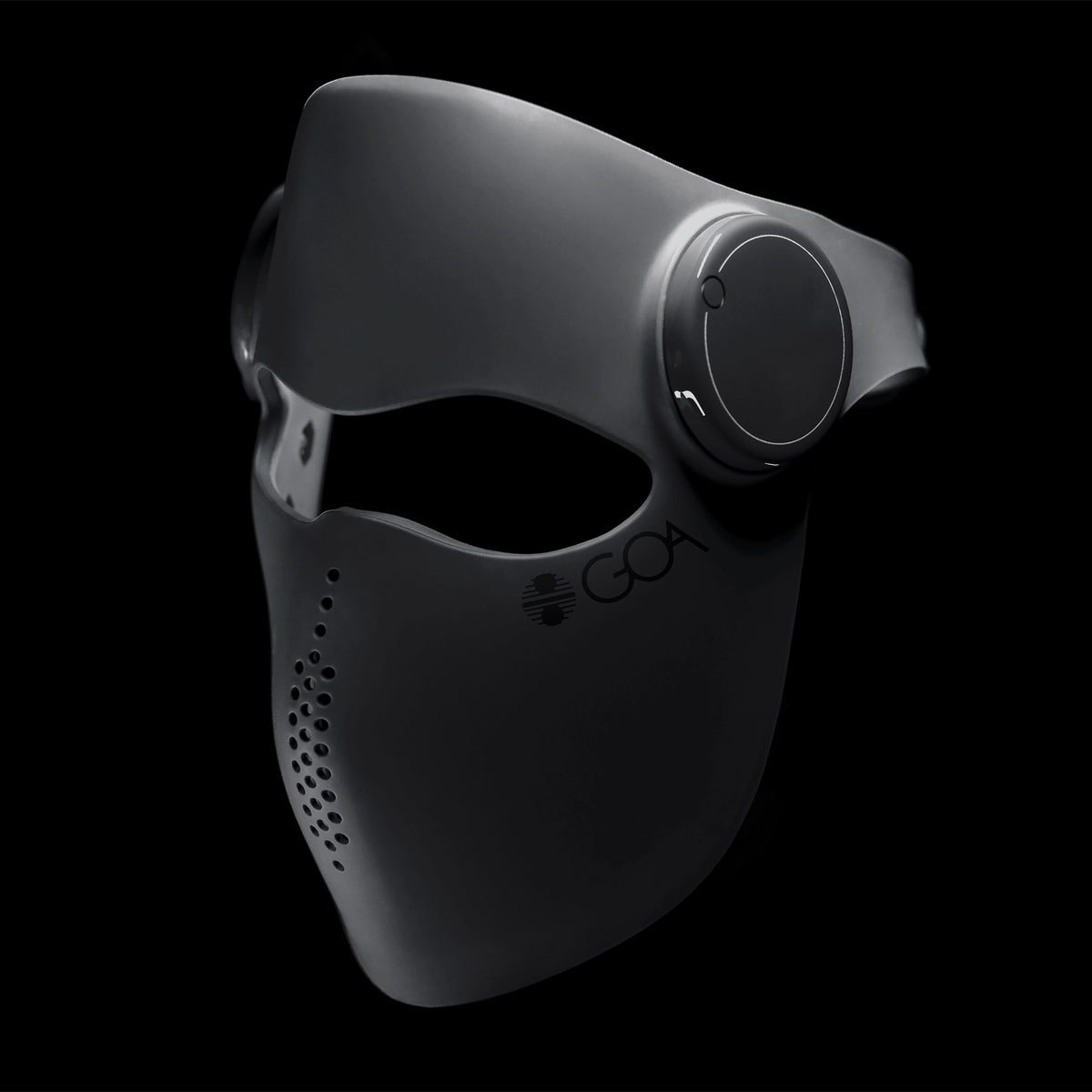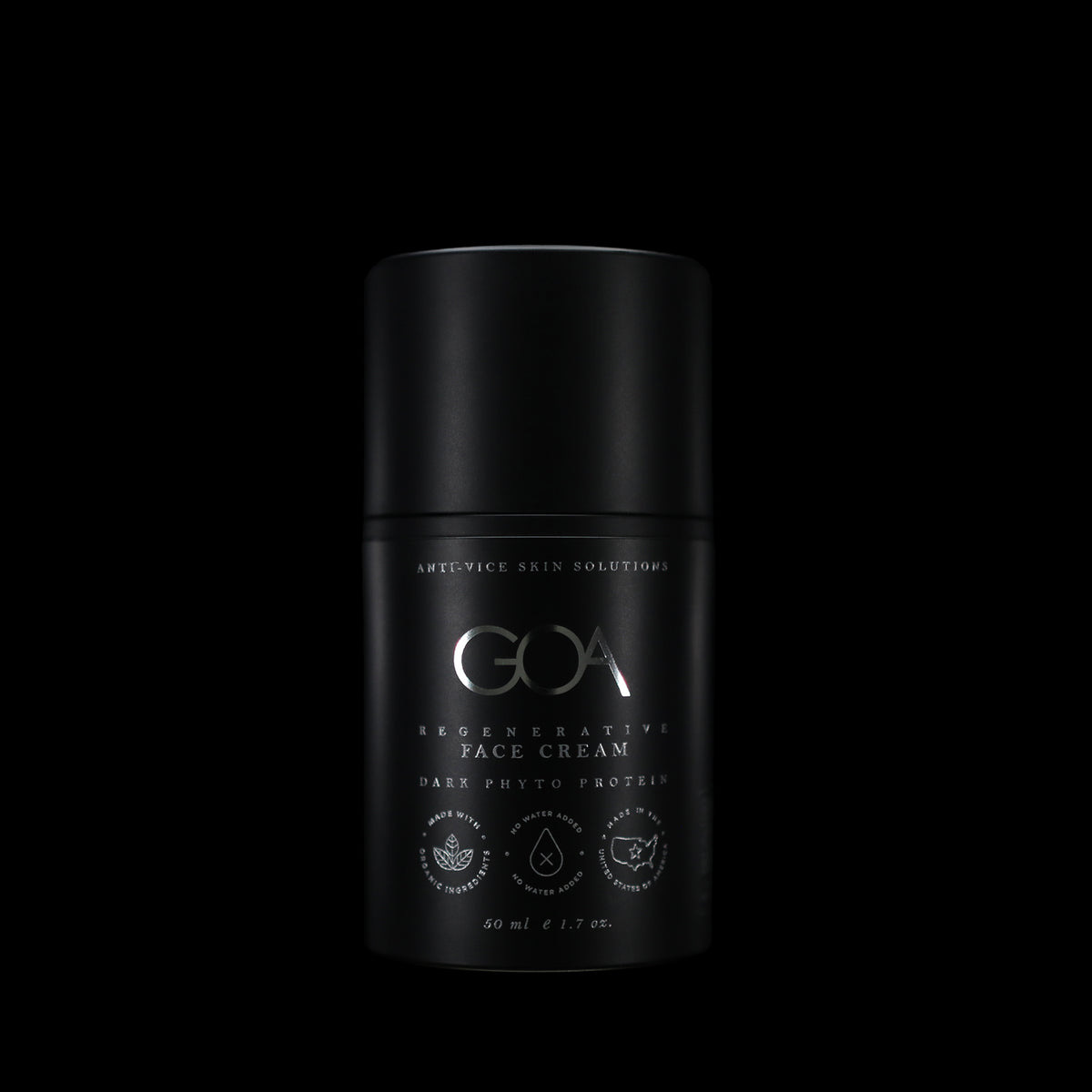Nice! So you GPT’ed how to whip up that long-craved pasta recipe or figure out a friend-in-need response, yet these conveniences only scratch the surface of what AI can do. In some research labs, it’s helping scientists decode the molecular “fingerprints” of aging. For instance, AI-based systems are charting shifts in a person’s epigenome—chemical tags that switch genes on or off—revealing clues on slowing or even reversing harmful processes. Data-driven techniques like these offer early glimpses of what may one day become groundbreaking tools for healthy aging.
Inside the AI Engine: How It Works
AI involves algorithms and models that spot patterns, predict outcomes, and fine-tune those predictions over time. This technology fuels many discoveries in health and skincare:
1. Data Gathering and Labeling
Systems gather varied inputs (cell images, heart-rate logs). Humans then add labels—“this cell shows early signs of aging”—so the AI recognizes these patterns.
2. Neural Networks
Inspired by how human brains process information, these “layers” of artificial neurons pass signals along, each layer capturing deeper details. In skincare, one layer might detect color shifts, and another might connect these changes to dryness or possible irritation.
3. Training Methods
Supervised Learning: Researchers provide correct examples, allowing AI to refine its “guesses.”
Unsupervised Learning: The AI looks for clusters or unusual data points on its own, revealing insights that might surprise even the experts.
Reinforcement Learning: The system tries actions and gains feedback or “rewards,” perfect for tasks like adjusting an anti-aging formula in real time.
Continuous Improvement
As the AI takes in ongoing data (fresh skin scans, new genetic info), it tweaks its internal connections, boosting accuracy.
Whether analyzing wrinkles, predicting the impact of proteins on muscle repair, or examining links between stress and sleep cycles, AI’s data-processing ability can spot insights that standard research methods might miss.
GOA Skincare uses AI to analyze data and create formulations backed by research. The Essentials Set applies these insights to cleanse, replenish, and protect skin from daily stressors and aging.
Beyond Standard Definitions: AI’s Role in Skincare and Aging
Proteomics and Skin Health
AI scans huge sets of proteins working in human skin. Tiny changes can hint at stress, dryness, or pollution exposure. By catching these shifts early, AI recommends tweaks that address problems before they surface.
Why It Matters
a. Early detection may lessen flare-ups or dryness.
b. AI-adjusted formulas help preserve elasticity and appearance.
c. Personalized products can shift day-by-day, tuned to a user’s protein profile.
Gene Therapy in Practice
Some biotech labs feed genetic data into AI to find traits tied to aging or certain ailments. Their ultimate goal: therapies that tackle these genetic factors head-on. Early results in animal studies suggest a future where medicine focuses on roots rather than symptoms.
Why It Matters
a. Genetic insights guide preventive steps that could lower aging risks.
b. Tailored treatments may reflect an individual’s unique DNA.
c. Better clarity on how lifestyle choices affect gene expression.
Microbiome Metropolis
Our bodies host vast communities of microbes shaping immunity, digestion, and skin clarity. AI scans these microbial networks, suggesting cleansers, moisturizers, or serums tailored to a user’s bacterial balance. In some wellness plans, probiotic combos might aid muscle health, mood, or smoother skin texture.
Why It Matters
a. Daily routines align with each person’s microbial profile.
b. Targeted probiotics boost gut or skin well-being, enhancing overall vitality.
c. Men’s health, including skin quality and recovery, benefits from AI-based tips paired with existing habits.
Unearthing New Avenues for Men’s Wellness and Skincare
Predictive Aging Biomarkers
Labs such as Gero.ai leverage AI to analyze genes and habits, pinpointing markers that predict health risks. Some markers flag cardiovascular concerns, while others point to skin aging. Knowing these early can guide lifestyle shifts, from exercise adjustments to specialized skincare with peptides or antioxidants that address inflammation.
Adaptive Wearable Tech
Envision a smartwatch that checks more than your step count. Using AI, it tallies cortisol ups and downs or small temperature changes in your skin. Prototypes already send timely alerts if stress spikes, hinting at a quick mindfulness break or a shift to a more moisturizing routine.
Precision Nutrition for Skin Health
Startups now combine genetic testing with AI to find nutrient deficiencies. If the data reveals extra sun sensitivity, a daily regimen might include added vitamins or phytochemicals that reinforce skin from within—bridging internal health and outward glow.
Flipside: Ethics, Access, and Pushing for Wider Inclusion
Even these futuristic ideas come with challenges:
1. Data Privacy
Diving into genetics and microbiomes requires robust personal data safeguards. Anonymized sharing and secure data storage can support trust and broader adoption.
2. Cost and Accessibility
Many breakthroughs emerge from high-end labs or upscale clinics. Partnerships with insurers and efficient manufacturing can bring these technologies within reach of wider communities.
3. Biased Algorithms
AI trained on unrepresentative datasets can yield skewed results. Inclusive input—across genders, ethnicities, and ages—keeps solutions fair and relevant to everyone.
Where AI Stands, and the Possibility of AGI
AI improves within its programmed role but remains limited to predefined functions, while AGI represents a system that thinks, learns, and adapts freely across multiple fields without retraining.
AI (Artificial Intelligence)
-
Focus: Performs narrow tasks—such as analyzing skin images or suggesting personalized products—based on patterns found in data.
-
Function: Excels at its assigned role (e.g., categorizing cells, identifying dryness, predicting stress) but lacks the flexibility to shift tasks without reprogramming or a brand-new model.
-
Scope: Stays within boundaries set by its training: scanning, recommending, or recognizing patterns, often requiring multiple specialized systems for different objectives.
AGI (Artificial General Intelligence)
-
Focus: Embodies broad, human-like understanding, able to tackle numerous problems or tasks—from diagnosing complex diseases to formulating new strategies—without needing strictly predefined parameters.
-
Function: Learns and adapts in open-ended ways, setting or revising its own goals, generalizing knowledge to unfamiliar challenges, and reasoning across varied contexts.
-
Scope: Theorized to operate without rigid limits, applying general intelligence across many fields. Still considered hypothetical, but it ignites debates about possible effects on healthcare, skincare, and beyond.
GOA Skincare’s Commitment
We must understand AI-driven progress to refine product creation, testing, and personalization—without losing sight of responsible innovation. Our brand:
-
Integrates Responsible Methods
Gathers data ethically, which supports effective formulations and respects users’ privacy. -
Uses Forward-Thinking Human Research
Teams up with specialists exploring epigenetics, microbiome science, and other advanced fields. -
Focuses on Longevity & Individual Needs
Designs solutions that address holistic well-being and quality of life.
By blending innovation, sustainability, and user-focused design, GOA Skincare aims to convert new scientific understanding into products and routines that empower people to feel great—both today and in the long run.
More Reads
-
The Coming Wave (2023) offers an urgent look at how AI and emerging technologies provide both remarkable possibilities and serious risks.
-
The New Fire (2022) reveals how the global race for AI is transforming security, power structures, and the future of democratic systems.

































